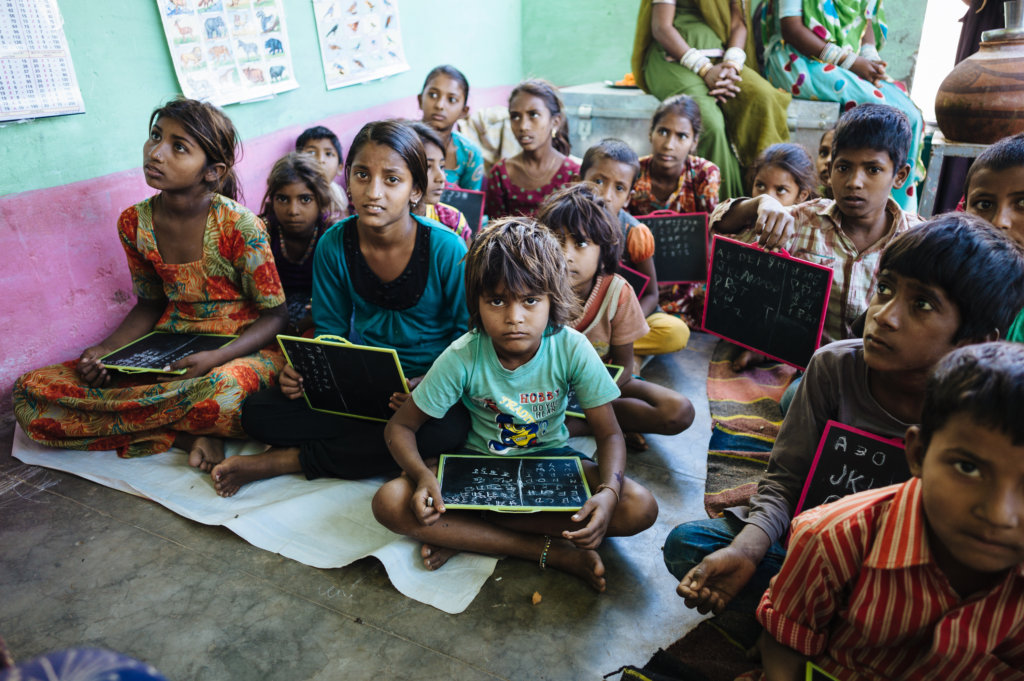Education Program
Education for the poor is a critical aspect of fostering inclusive development and breaking the cycle of poverty. Here are key considerations and strategies for ensuring access to education for economically disadvantaged individuals:

Universal Access: Advocate for and work towards ensuring universal access to education. Governments, NGOs, and communities should collaborate to eliminate barriers such as distance, gender discrimination, and economic constraints that prevent the poor from accessing education.
Financial Assistance and Scholarships: Establish scholarship programs and financial assistance initiatives to support the education of economically disadvantaged students. This can include covering tuition fees, providing textbooks, and offering stipends for living expenses.
Community-Based Education Programs: Implement community-based education programs that bring education closer to the homes of the poor. This may involve setting up informal schools, mobile classrooms, or adult education centers within communities.
Education for the poor is not only a moral imperative but also a strategic investment in the social and economic progress of a nation. By ensuring that education is accessible, inclusive, and tailored to the needs of economically disadvantaged individuals, societies can work towards breaking the cycle of poverty and building a more equitable future.

Invest in the training and support of teachers working in economically disadvantaged areas. Well-trained and motivated teachers are essential for providing quality education and fostering a positive learning environment.

